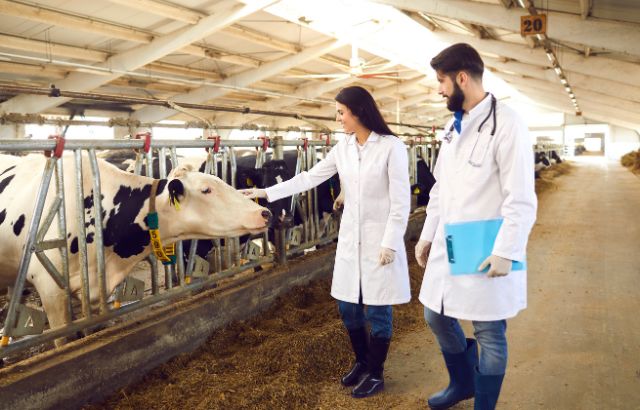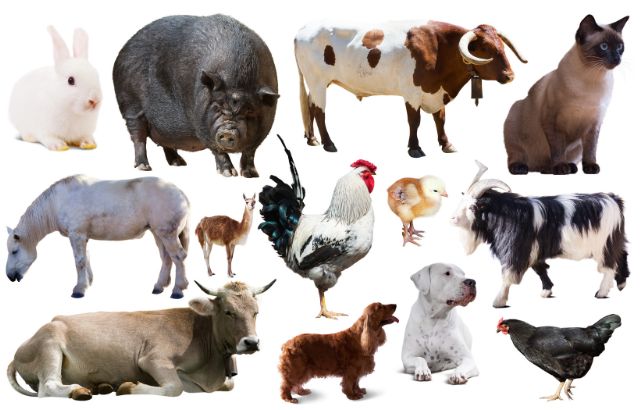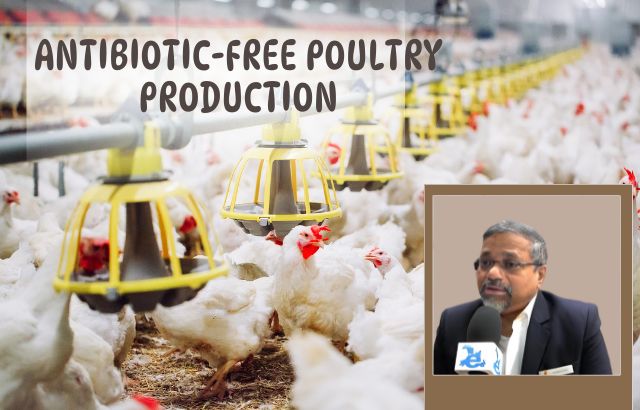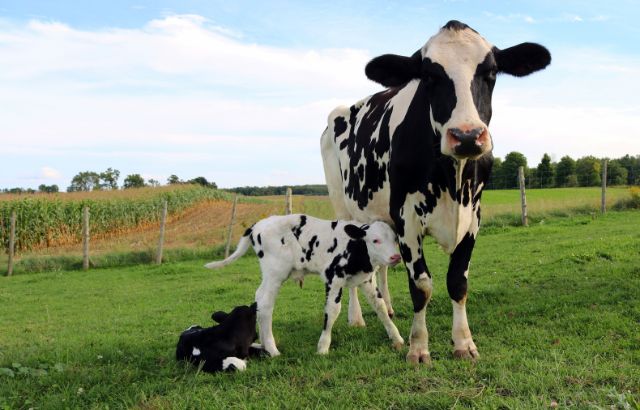There is a wide variety of animal feed supplement products available in the market, designed to meet the specific nutritional needs of different animals. Keep in mind that product availability and formulations may vary by region and country. Here’s a general list of common animal feed supplements:
Vitamins:
- Vitamin A, D, E, and K supplements
- B-complex vitamins
- Vitamin C supplements
Minerals:
- Calcium supplements
- Phosphorus supplements
- Magnesium supplements
- Selenium supplements
- Iron, copper, and zinc supplements
Protein Supplements:
- Soybean meal
- Fish meal
- Canola meal
- Blood meal
- Feather meal
Amino Acids:
- Lysine
- Methionine
- Threonine
- Tryptophan
Enzymes:
- Amylase
- Protease
- Lipase
- Cellulase
Prebiotics and Probiotics:
- Inulin
- Fructooligosaccharides (FOS)
Lactic acid bacteria supplements
Fatty Acids:
- Omega-3 fatty acids
- Omega-6 fatty acids
Antioxidants:
- Vitamin C
- Vitamin E
- Selenium
Mycotoxin Binders:
- Bentonite
- Activated charcoal
- Clay-based binders
Essential Oils and Herbs:
- Oregano oil
- Garlic
- Cinnamon
- Turmeric
Acidifiers:
- Citric acid
- Formic acid
- Lactic acid
Electrolytes:
- Sodium chloride
- Potassium chloride
Yeast and Yeast Derivatives:
- Saccharomyces cerevisiae
- Yeast cell wall products
Molasses and Sweeteners:
- Molasses
- Sucrose
Silage Additives:
- Inoculants for improving fermentation
- Aerobic stability enhancers
Choline Chloride:
- A source of essential choline for metabolism
Coccidiostats and Antiparasitics:
- Monensin
- Lasalocid
- Ivermectin
Enhancing Animal Health: Exploring Feed Supplement Products for Livestock

1. “Boosting Immunity with Vitamin and Mineral Supplements”
Explanation:
Supplementing animal feed with essential vitamins and minerals can strengthen the immune system, promoting overall health and disease resistance in livestock.
Strategy:
Identify key nutritional deficiencies in the animal’s diet and supplement accordingly with targeted vitamin and mineral blends.
Execution:
Work with veterinarians and nutritionists to develop customized feed supplements tailored to the specific needs of your livestock. Monitor animal health and adjust supplement dosages as needed.
2. “Improving Digestive Health with Probiotics and Prebiotics”
Explanation:
Probiotics and prebiotics promote a healthy gut microbiome, improving digestion, nutrient absorption, and immune function in animals.
Strategy:
Incorporate probiotics (beneficial bacteria) and prebiotics (nutrients that support their growth) into animal feed formulations.
Execution:
Choose strains of probiotics proven to benefit animal health and formulate feed supplements with appropriate prebiotic substrates. Monitor digestive health indicators and adjust supplement formulations as needed.
3. “Supporting Joint and Bone Health with Nutraceuticals”
Explanation:
Nutraceuticals such as glucosamine, chondroitin, and omega-3 fatty acids can promote joint mobility and support bone strength in animals, especially in aging or high-performance individuals.
Strategy:
Incorporate targeted nutraceutical ingredients known to support joint and bone health into animal feed supplements.
Execution:
Consult with veterinarians and nutrition experts to identify appropriate nutraceuticals and dosage levels for specific animal species and conditions. Monitor animal mobility and bone health parameters to assess supplement efficacy.
4. “Enhancing Coat and Skin Health with Essential Fatty Acids”
Explanation:
Omega-3 and omega-6 fatty acids play a crucial role in maintaining healthy skin and a glossy coat in animals, reducing the risk of skin allergies and dermatological issues.
Strategy:
Incorporate sources of essential fatty acids, such as fish oil or flaxseed oil, into animal feed supplement formulations.
Execution:
Ensure optimal levels of omega-3 and omega-6 fatty acids in feed supplements to support skin and coat health. Monitor improvements in coat condition and skin irritations to gauge supplement effectiveness.
5. “Managing Stress and Anxiety with Herbal Supplements”
Explanation:
Herbal supplements containing adaptogenic herbs like ashwagandha or chamomile can help reduce stress and anxiety in animals, improving overall well-being and performance.
Strategy:
Incorporate herbal ingredients known for their calming and stress-relieving properties into animal feed supplements.
Execution:
Select high-quality herbal extracts and formulate feed supplements with standardized concentrations of active compounds. Monitor animal behavior and stress indicators to assess supplement efficacy in reducing stress levels.
It’s important to note that the choice of supplements depends on the specific nutritional requirements of the animals, the type of feed, and the production goals (growth, reproduction, milk production, etc.). Before incorporating any feed supplement, it’s advisable to consult with a veterinarian or animal nutritionist to ensure proper usage and dosage for the specific needs of the animals in question. Additionally, local regulations and guidelines should be considered when selecting and using animal feed supplements.












